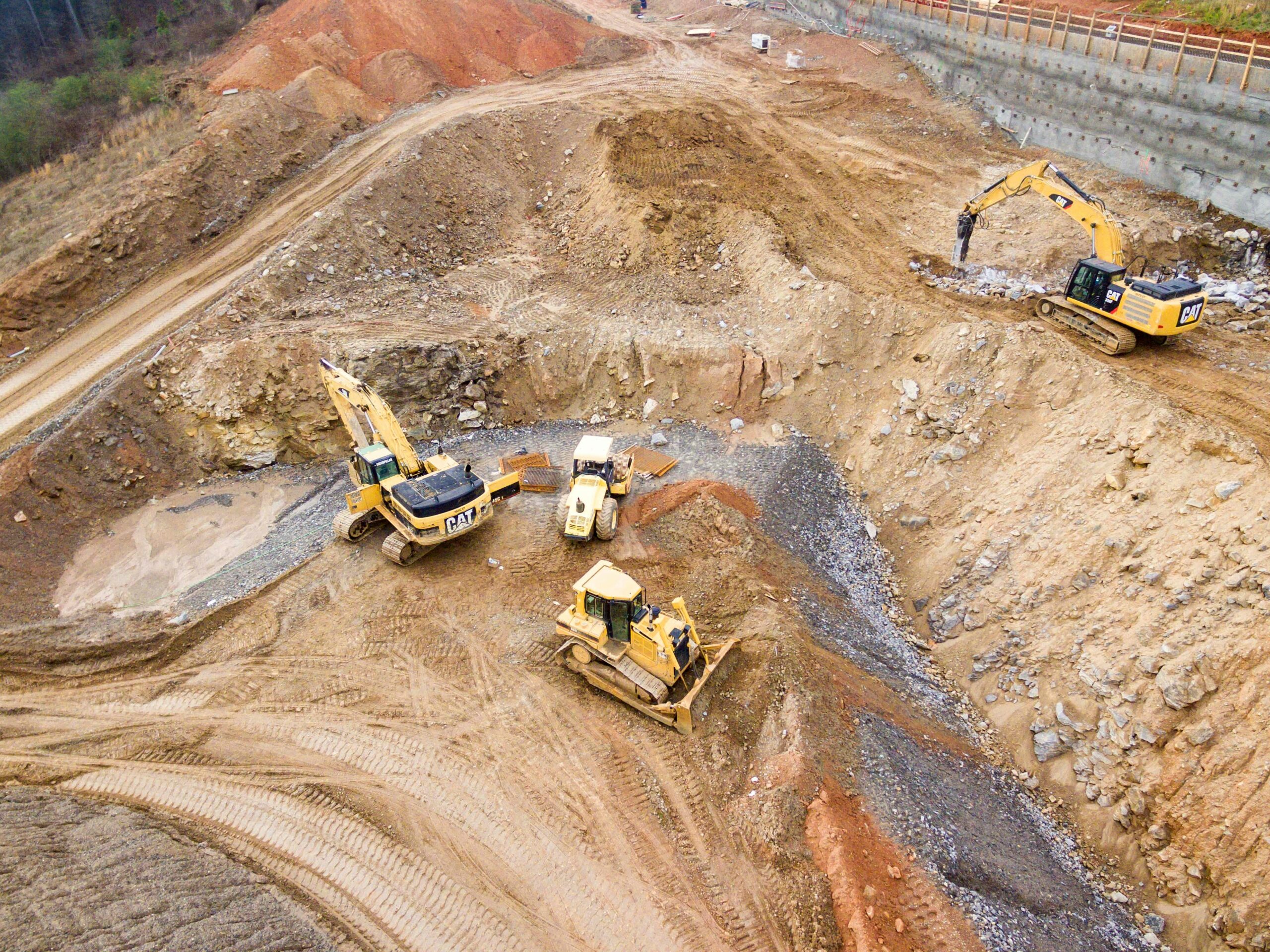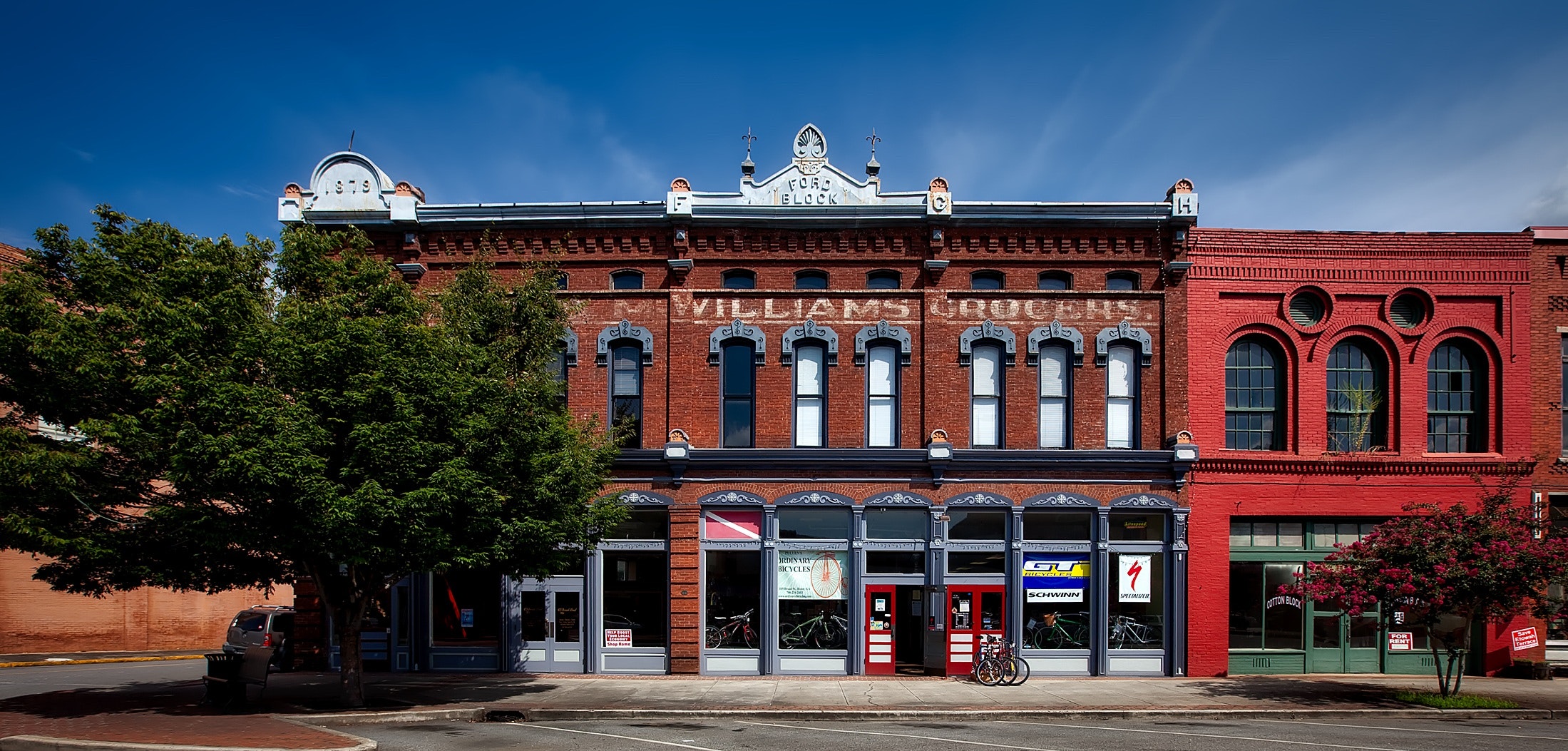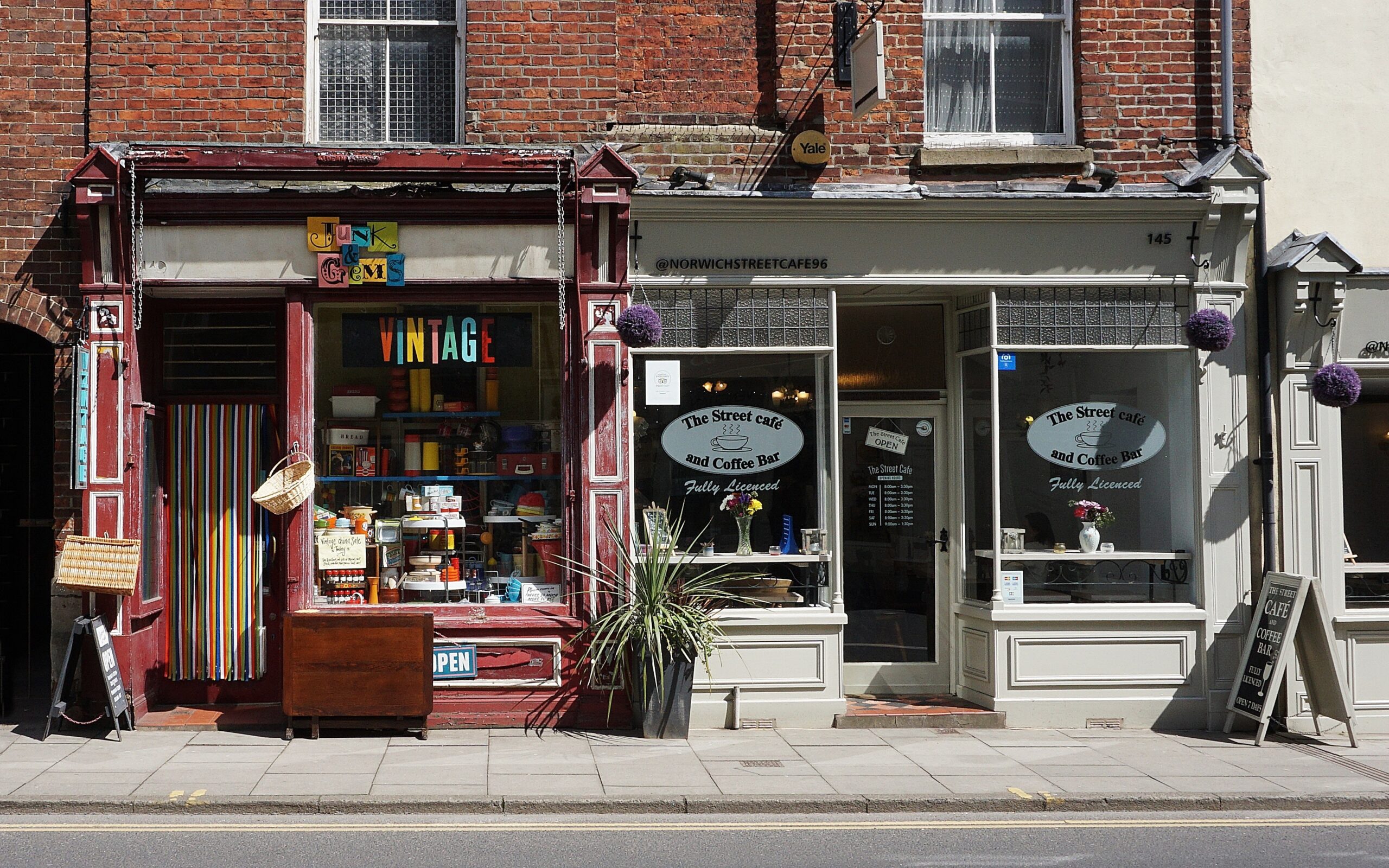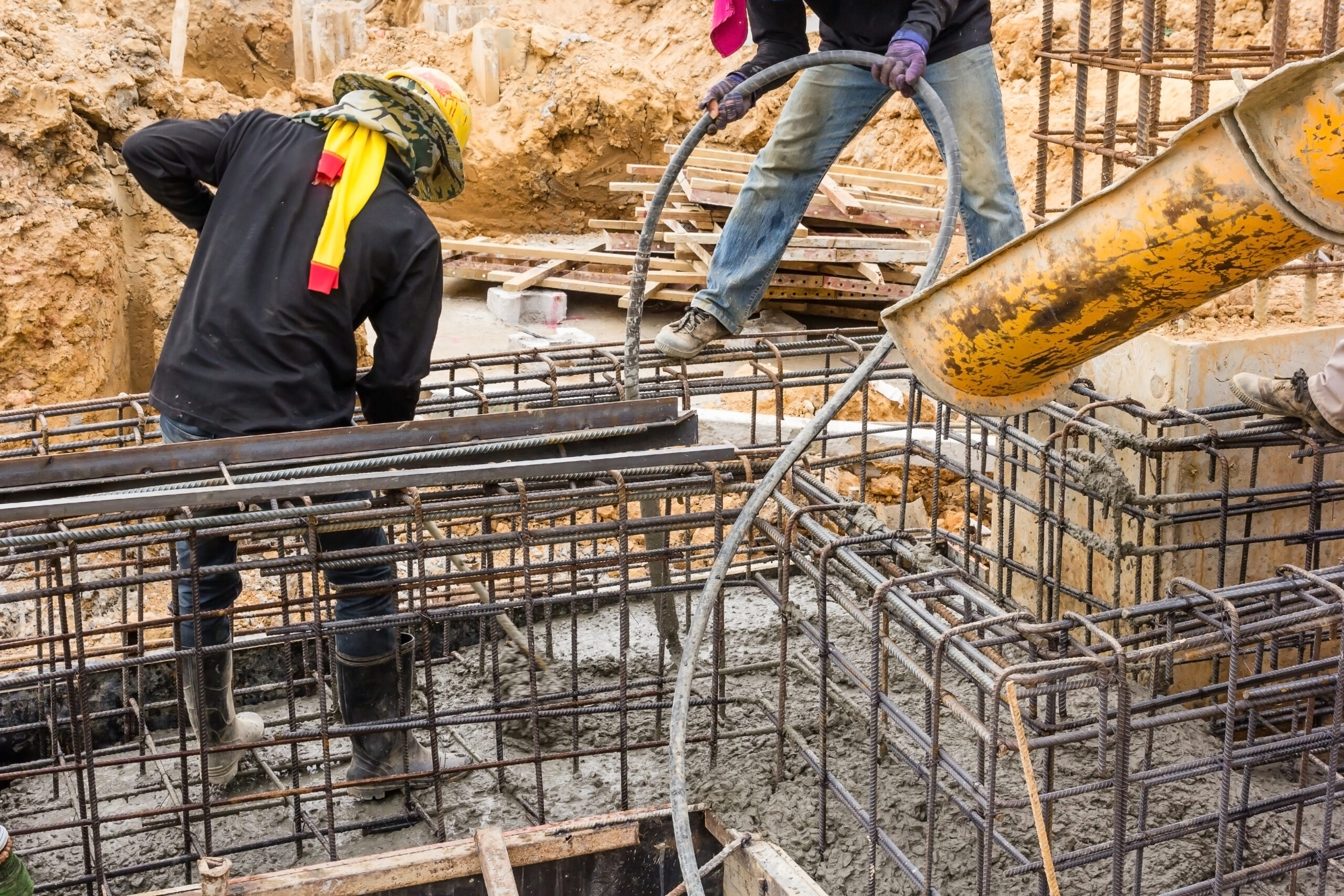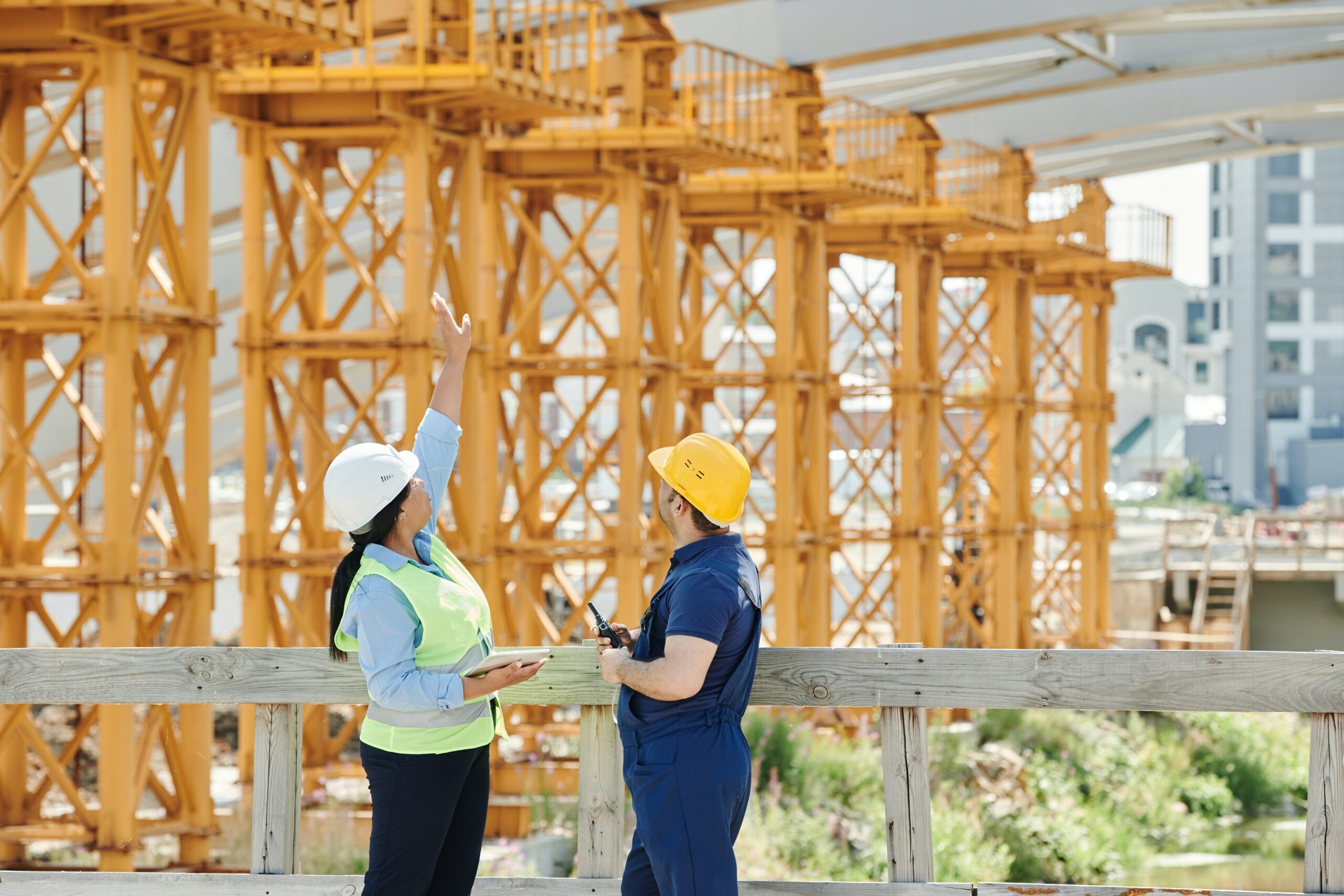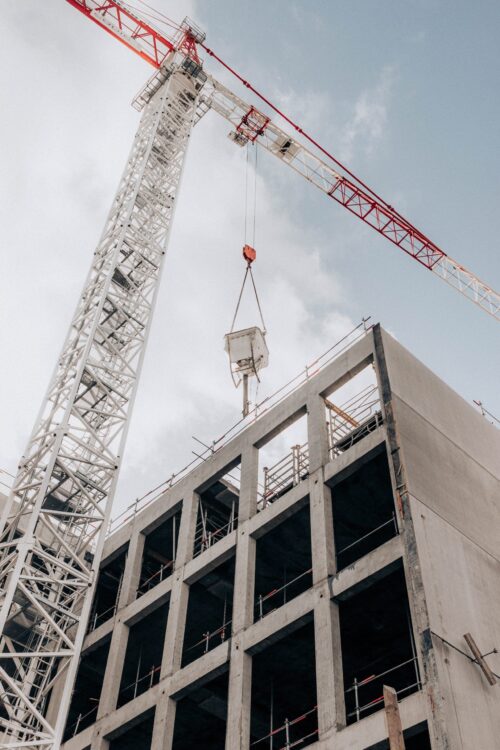Increased Multifamily Development
Across the United States, and in Colorado specifically, multifamily development has dramatically increased. As real estate and land become more expensive, developers are turning to high-density housing to solve the issue.
The new multifamily development pattern also aims to ease affordability. With more options, consumers will have increased negotiating power, as there will be less demand for each unit. This leads us to the question many commercial real estate investors are asking: Should I invest in an apartment building right now?
Is an Apartment Building the Best Investment Right Now?
The short answer is that it depends on your portfolio and investment strategy. For some, an apartment building would make a great addition; for others, another investment type might suit best.
The good news for the apartment sector is that rental growth has remained steady even with significantly more supply. Colorado isn’t seeing the rapid property value increases or rental demand that it saw a few years ago, but things haven’t gone sharply in the other direction either. Continued population growth in Colorado and a significant need for housing inventory have kept the market steady.
On the other hand, with buyers and renters having more housing options to choose from, owners of multifamily developments have certainly lost some of their leverage. To attract customers, investors must own properties with a specific value proposition (newly renovated, top-notch amenities, etc.) to ensure their building stands out.
Focus on Your Strategy
While some will tell you that now is the best time to invest in an apartment complex, and some will tell you it’s the worst, be sure to focus solely on your strategy. Each investor approaches their goals differently, so it’s up to you to decide which next step is right for you.
If you have questions about commercial real estate, please contact Steve Longenecker and Northern Colorado Commercial Real Estate at WeBrokerCORealEstate or 720-600-9513.
We give out $250 gift cards for referrals that become our real estate clients.
Like, Share & Follow us on LinkedIn and Facebook.
#longmontcommercialrealestate #commercialrealestatebroker #northerncocommercialrealestate

